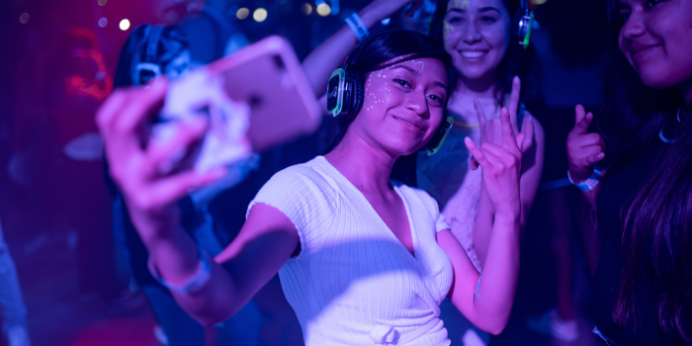PRHK Viewpoints: The Power of Trusted Influence
Trust has always played an important role in brand purchase, but today trust is essential; across geographies, across every category, across all ages and across income brackets. On par with the usual product attributes of quality, value, convenience, and ingredients, four out of five people say a major consideration for brand purchase is, “I can trust the brand to do what is right”. A Trust Barometer study from January 2019 showed that two-thirds of people agree that a good reputation may get them to try a product, but will soon stop buying it unless they trust the company behind the brand.
The challenge for marketers is building trust in their brands when consumers are steering clear of their marketing efforts. This year, with 74% of people saying they are actively avoiding advertising, my advice is to consider not only what your brand stands for, but the voices you use to tell that story. The top three most trusted spokespeople for a brand message are experts, company employees, and people like me – or influencers – voices that are authentic, interesting and relatable.
Influencer marketing isn’t new but is growing fast – and the numbers are staggering. Instagram has become the strongest medium with users ‘liking’ 4.2 billion posts per day, China’s influencer economy alone is estimated at $116 billion and rising. Furthermore, in this region, 80% of influencers are micro-influencers, proving anyone with a camera phone and a point of view can build an audience.
An online influencer survey of 18-34 year-olds found that 63% trust what influencers say about a brand more than what the brand says about itself, and size really doesn’t matter. Only 18% say they are attracted to influencers for their huge followings, cementing my belief that consumers will only continue to follow influencers as sources of information and inspiration if they feel trust is part of the value proposition.
It’s not all good news
With a lack of marketing regulation in this space, I’m increasingly concerned that we collectively find a way to protect consumers, influencers and brands. After a few months of posting my life dining, hiking, and exploring Hong Kong I received a sales message on Instagram: Did I want to buy followers, likes and views for a low price? 10K followers: 70$, 5K Likes: 40$, 20K views: 40$. All 100% guaranteed.
From bots, fake followers, fake engagement, and fake comments, to fraud and missteps of well-known influencers, brand reputation and consumer trust is at stake.
Influencers partnering with brands must be transparent and use #ad in their posts. Trusted influence – the thing that inspires taking action – is built on real relationships.
It’s not just the relationships between consumers and influencers, but between influencers and brands.
35% of the consumers in that influencer study said they pay attention to and trust what influencers say because they share their values. When used effectively, trusted influencers earn sales and build advocacy. In fact, because of an influencer, over half bought a new product, a third talked about a brand and 40% said they trusted a brand.
An influencer marketing strategy needs crafting with care. For when brands and influencers align, they have the potential not only to amplify influence and engage targeted audiences, but also to co-create cultural relevance for the brands they partner with.
Annouchka Behrmann is head of brand at Edelman Hong Kong, an agency member of PRHK, Hong Kong’s association for PR and communications professionals


